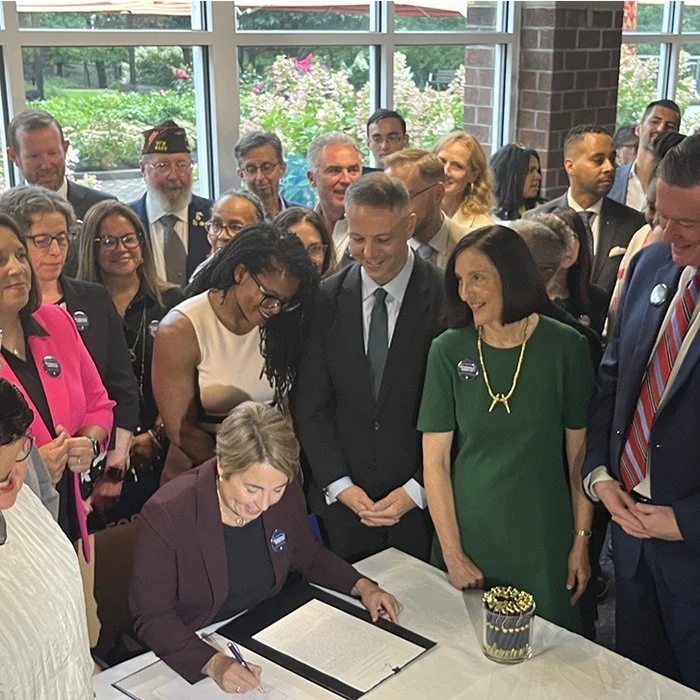Working Groups
Ad hoc and recurring working groups meet throughout the year to advance the Coalition’s agenda.
DATA WORKING GROUP
The Data Working Group focuses on identifying a target population experiencing literal homelessness in need of Supportive Housing, to:
Understand the scope of chronic and high-need homelessness in the state;
Estimate needed supportive housing resources statewide;
Measure progress toward ending homelessness for the population statewide;
Enhance coordination with state agencies that are collecting data and develop a statewide system for sharing;
Develop shared goals and metrics to create statewide alignment in policy, planning, and advocacy to advance systemic strategies and solutions to chronic and high-need homelessness.
CAPACITY WORKING GROUP
The Capacity Working Group focuses on building system capacity to end chronic and high acuity homelessness through Supportive Housing. Strategies include reducing barriers to production, improving coordinated entry and tenant selection plans, influencing statewide allocation plans, and working with developers to ensure there are tax credits to incentivize supportive housing development. This working group was instrumental in passing the Flexible Supportive Housing Pool Fund in 2024.
POLICY WORKING GROUP
The Policy Working Group focuses on setting policy priorities, creating strategies for how to achieve them, and works to advance a Housing First model, which prioritizes rapid housing placements with supportive services, has reduced system costs by up to 70%.
In 2015, the Interagency Council on Housing and Homelessness (ICHH) was re-established to expand PSH investments. Launched in 2021 by United Way of Massachusetts Bay, CHAPA, and MHSA, the Supportive Housing Pipeline Coalition is advancing policies to scale PSH.
The Coalition’s impactful advocacy was uplifted in the recent passage of the Affordable Homes Act, signed in August 2024, which allocates $5.16 billion over the next five years for housing initiatives. Among its provisions for supportive housing is the Supportive Housing Pool Fund, filed on behalf of and championed by the Supportive Housing Pipeline Coalition. This represents a new resource and approach to streamline and expand the production of housing plus essential services for individuals, families, youth and young adults who would otherwise experience homelessness.
Local Advocacy
The Local Advocacy Working Group helps community-based partners build support for supportive housing. In collaboration with TheCaseMade, the Coalition co-created a strategic case and set of practices to strengthen the capacity of advocates, developers, and service providers in making a compelling case for supportive housing. This includes developing understanding of the benefits of supportive housing. By equipping them with advocacy tools and pushing for legislative changes to promote multifamily zoning and funding opportunities, the effort aims to foster a more supportive environment for housing development.




